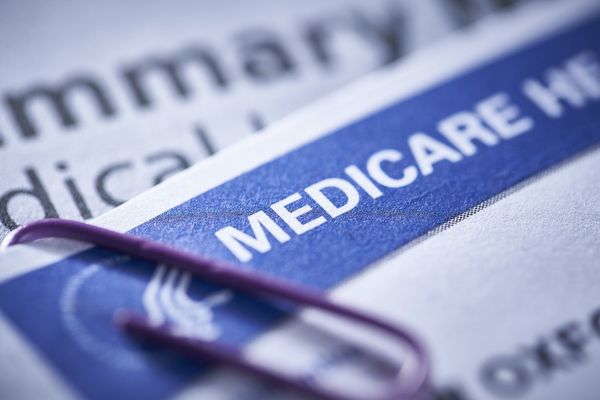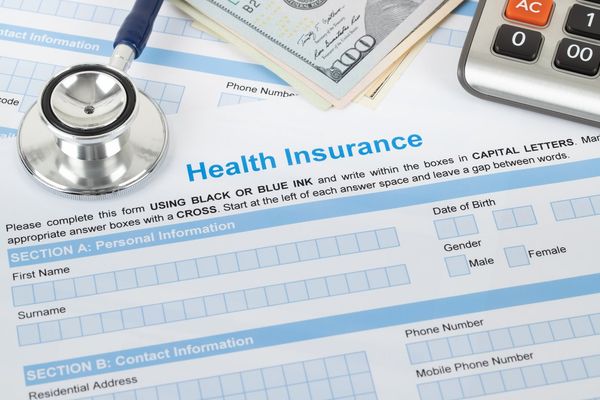By Allison Ivie
June 24, 2019
"Surprise medical bills" are health care charges that stem from insured patients unknowingly receiving care from an out-of-network provider. They are an all too-common experience today for health care consumers.
Not surprisingly, recent surveys find that at least 75 percent of Americans say the government should take action to prevent them. Indeed, the fight against surprise medical bills is generating bipartisan support on Capitol Hill as legislators seek to remove patients from such disputes, allowing them to focus on their health care needs instead.
Surprise Billing in the Senate
Last month, the Senate Health, Education, Labor and Pensions (HELP) Committee unveiled the Lower Health Care Costs Act of 2019, which puts forth three potential options for resolving surprise medical bills that result from emergency care.
The options include:
- In-Network Guarantee
Any care that is received through an in-network facility will come with a guarantee to patients that every practitioner at that facility will be considered in-network. - Independent Dispute Resolution
For surprise bills greater than $750, the insurer and practitioner or facility will be able to initiate an independent dispute resolution process. For bills of $750 and less, the insurer will pay the practitioner or facility the median contracted rate for services within that geographic area. - Benchmark Payment
In the case of a surprise bill, the insurer will pay the practitioner or facility based on the median contracted rate for services in that geographic area.
In the meantime, a bipartisan Senate working group has introduced its own bill, entitled Stopping the Outrageous Practice (STOP) of Surprise Bills Act, which would offer an independent dispute resolution process for emergency services.
The bill is modeled in part on New York State's existing surprise billing arbitration law, which passed in 2015 and has since lowered out-of-network bills by 34 percent. It would require an independent arbiter to decide any payment disputes between a health care professional and insurer.
The Senate is expected to move fast on this topic and have a bill passed as soon as July.
Surprise Billing in the House
House representatives have actively embraced this topic by putting forth several bills of their own.
For example:
- Reps. Frank Pallone (D-NJ) and Greg Walden (R-OR) have unveiled the No Surprises Act, which would establish a benchmark payment to practitioners and facilities for out-of-network emergency services.
- Reps. Joe Morelle (D-NY) and Van Taylor (R-VA) have introduced the Ending Surprise Medical Billing Act, which would create an independent dispute resolution process for out-of-network emergency services.
- Reps. Raul Ruiz (D-CA) and Phil Roe (R-TN) have proposed the Protecting People from Surprise Bills Act, which would also include an independent dispute resolution process for out-of-network emergency services. However, it would also extend protections for patients seeking scheduled anticipated care who are treated by unanticipated out-of-network providers for imaging and lab services. It would also offer protections for after-emergency care when a patient is unable to travel without medical transport.
With so much activity on the issue, it's no wonder that patient advocacy groups, health care associations, and insurers are all providing input to Congress on what should be the path forward. In the end, however, only one option will ultimately move forward within the final bill.






